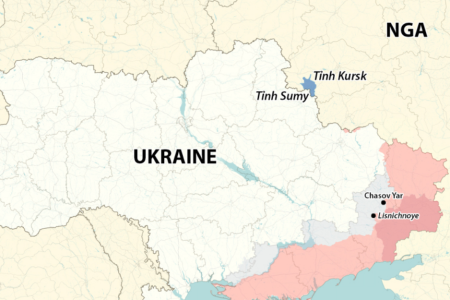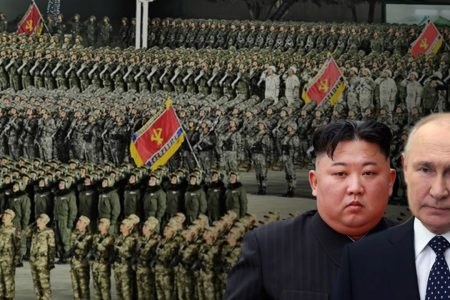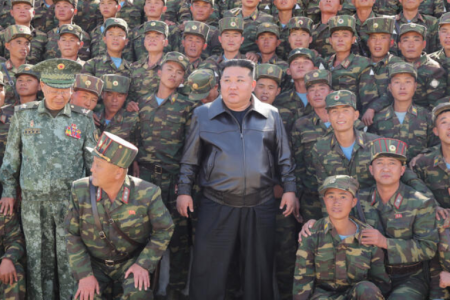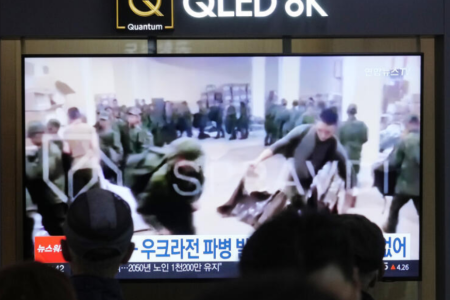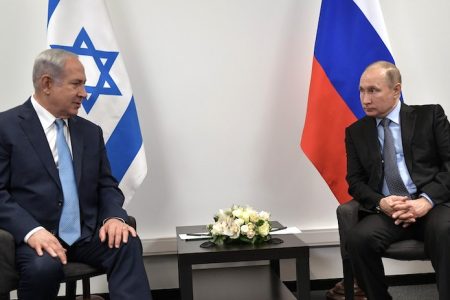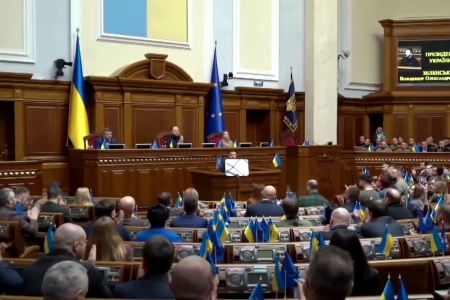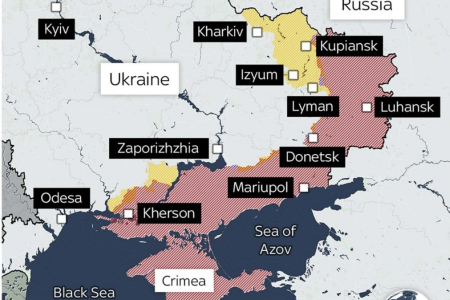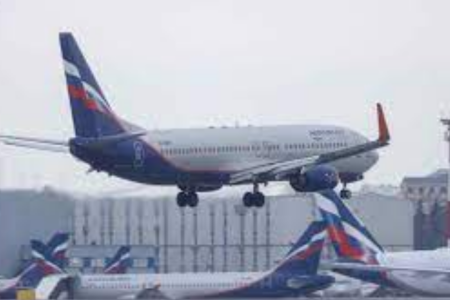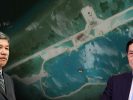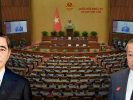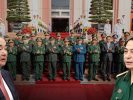
Recently, the findings of news observers in Vietnam have pointed out many anomalies in an advertisement for the product of billionaire Pham Nhat Vuong. The state-controlled media’s efforts to advertise the “magical attraction” of VinFast electric cars are being exposed and shared by the public.
On January 10, 2022, Dan Tri newspaper has an article titled “VinFast could be the world’s next Tesla” praising Vingroup’s business system, and especially emphasizing Pham Nhat Vuong’s electric car model is “causing a fever” in the US. The paper cites a less than 350-word article by Humphrey Bwayo, a columnist for Autoevolution, whose title is very popular, but without any analysis showing that the content related to the prediction is “The World’s Next Tesla” so there is doubt on an article that is “bought” as is customary for newcomers.
Originally written by Dan Tri newspaper, “In the middle of the big stage in Las Vegas, the Vietnamese car company aggressively launched five electric car models at the same time. Three of these – the VF 5, VF 6, and VF 7 are the first car models to appear to the public, just two months after the two blockbuster models, the VF 8 and VF 9 (formerly VF e35 and VF). 36) causing a fever at the Los Angeles Auto Show 2021.”
VinFast chief designer David Lyon, left, steps down from the stage where VF e36 cars are lacking at AutoMobility LA Auto Show on November 17, 2021 (AP)
This newspaper quoted the Financial Times, which reported the ambition of Vingroup in its plan to sell electric cars in the US and Europe this year. In a deliberately ambiguous citation so that Vietnamese readers misunderstand that this article praises VinFast products when citing the ambition of Mr. Pham Nhat Vuong when setting himself the goal of “becoming one of the leading manufacturers of electric vehicles in the world.”
Dan Tri r quoted the RPM company in Canada, which is said to praise “VinFast’s battery rental policy.” This approach, according to the Canadian newspaper, helps customers to upgrade the battery when the system degrades over time. The separation of costs between battery and vehicle according to the same assessment can help Vietnamese manufacturers build a good price compared to competitors.” However, searches of the content on the RPM site in Canada found no such information.
As for the battery rental policy for electric vehicle products sold in Vietnam, it is considered to be receiving stinging criticism from customers. Facebookers say this is seen as a cure for the failure of the “battery rental policy” in their home country, where complaints from shoppers are now popping up all over the Internet in Vietnam.
Notably, in a paragraph praising VinFast, Dan Tri wrote, “According to statistics from VinFast, after 48 hours of opening for sale, the company has received more than 24,000 orders for two electric car models VF 8 and VF 9 worldwide. In particular, an American enterprise, Artemis DNA (a clinical gene analysis company), has agreed to register an order for 100 VinFast electric cars to serve the company’s activities.
The number of “24,000 orders” issued by VinFast has not been verified, and there is no way to verify it over time.
But about Artemis DNA company – described as a biological company in the US – immediately ordered 100 VinFast cars, which made many Vietnamese curious and curious.
Many business and marketing experts have expressed on their Facebook pages their skepticism about this order, with specific questions such as:
– Why does a biotech company need so many cars?
– Buying 100 cars at once, if not a car rental company, is very confusing with the thinking and business practices in the US because renting a car (leasing) will be more cost-effective than owning a great number of cars.
In searching for the name of the company Artemis DNA, people found that this address only provides DNA testing services, but on the company’s website, there is absolutely no specific activity section. Everything froze there and there was no further news. Many people question what company names seem like ghost webs still used to deceive people in the third world.
The company is known to be located in Irvine, California, but has no specific address. A group of Vietnamese in California who followed the news said they were trying to track down – if any – to identify the company. More details were found, the founder of the company seems to be an Asian, named Emylee Thai, and has 39 employees. Compared to the 100 cars ordered by the end of 2022, and it is not known whether the US inspection agencies have allowed them to meet the requirements for sale, the above VinFast advertising information seems to be constructive.
Creating fake information flows, to deceive both the government system and the Vietnamese people, is still a common practice in Vietnam after 1975, and continues to this day, both in politics and in commerce. Even Vietnamese people have repeatedly reported that international fraud cases were paying for articles favorable for them in small newspapers, or more brazenly, on advertising pages but pretended to be independent articles.
Thoibao.de (Translated)



